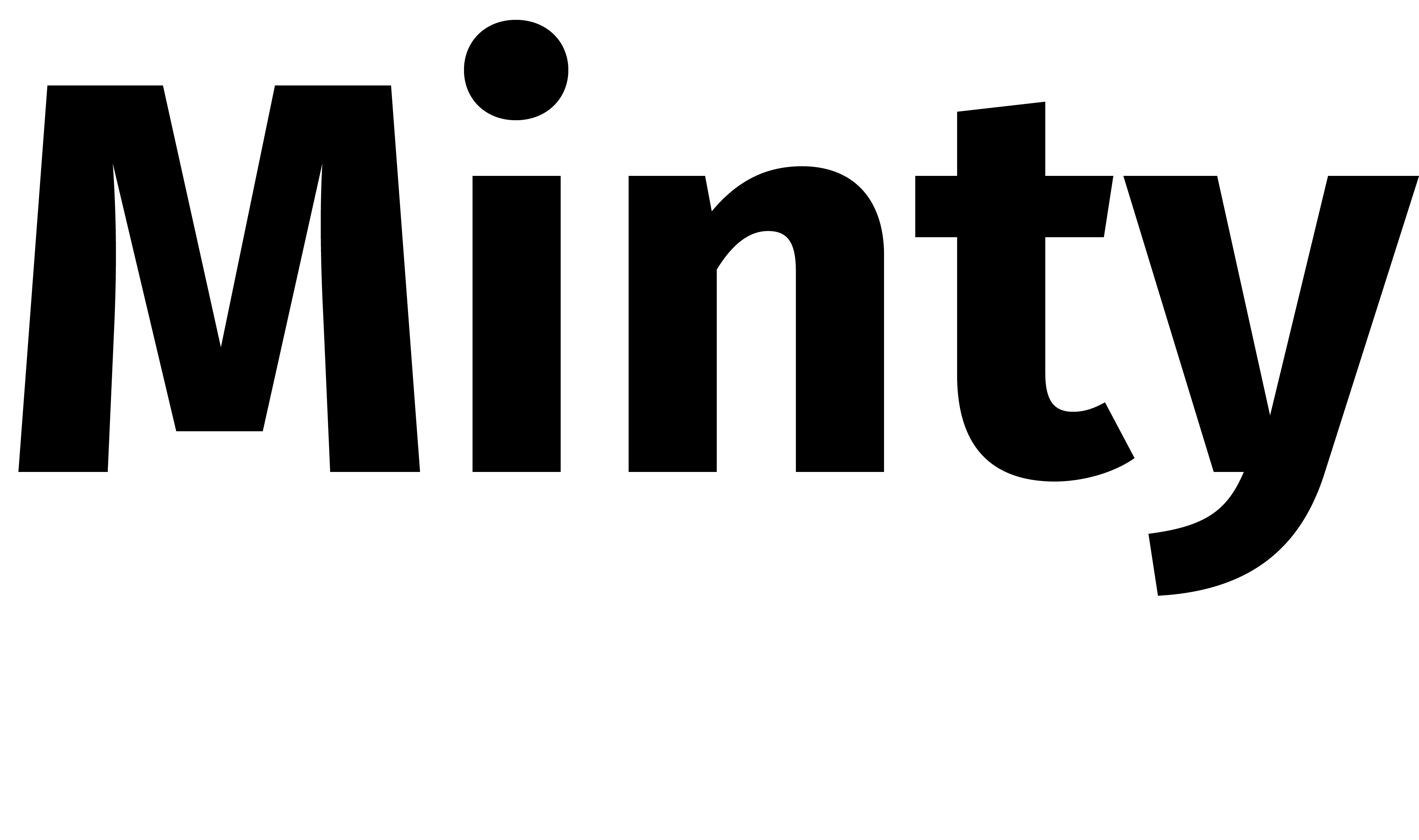Once you’ve applied for a mortgage, there are some key things to keep in mind before you close the transaction. It’s exciting to start thinking about moving in and decorating your new place, but before you make any large purchases, or move your money around, be sure to consult your lender. Here’s a list of things you shouldn’t do after applying for a mortgage. They’re all important to know – or simply just good reminders – for the process.
Depositing Cash
Lenders need to source your money, and cash isn’t easily traceable. Before you deposit any amount of cash into your accounts, discuss the proper way to document your transactions with your loan officer.
Large Purchases
New debt comes with new monthly obligations. People with new debt have higher debt-to-income ratios. Since higher ratios make for riskier loans, qualified borrowers may end up no longer qualifying for their mortgage.
Co-Signing Other Loans
When you co-sign, you’re obligated. With that obligation comes higher debt-to-income ratios as well. Even if you promise you won’t be the one making the payments, your lender may have to count the payments against you.
Applying for New Credit
It doesn’t matter whether it’s a new credit card or a new car loan. When you have your credit report run by organizations in multiple financial channels (mortgage, credit card, auto, etc.), your FICO® score can be impacted. Lower credit scores can determine your interest rate and possibly even your eligibility for approval.
Closing Credit Accounts
Many buyers believe having less available credit makes them less risky and more likely to be approved. This isn’t true. A major component of your score is your length and depth of credit history (as opposed to just your payment history) and your total usage of credit as a percentage of available credit. Closing accounts has a negative impact on both of those determinants of your score.











Comments